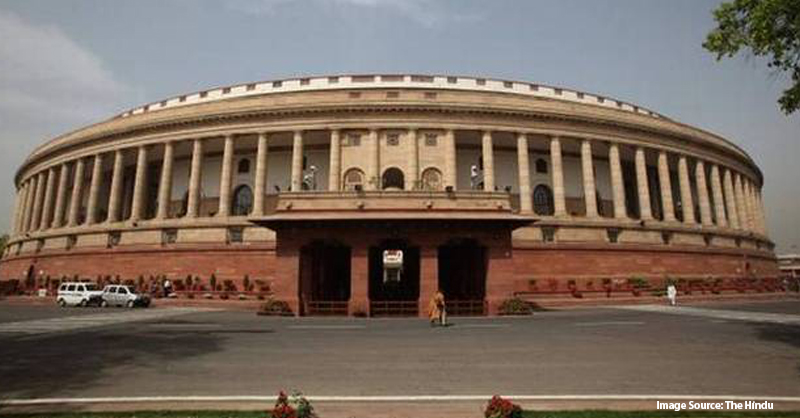A parliamentary panel has recommended to accord statutory powers to the National Council for vocational training (NCVT). This is being done so that NCVT could play the role of a regulator for skill education, on the lines of bodies like the UGC and the AICTE.
The panel chaired by Kirit Somaiya is of the view that the NCVT should be further empowered by bringing its powers under the ambit of law since this would help it to perform better regulatory functions and oversight over the industrial training institutes (ITIs) in India. At present, there are nearly 14,000 ITIs in the country, both public as well as private, and their numbers are on the rise.
THE RECOMMENDATIONS
— the star rating system should not be left to be voluntarily adopted by ITIs but made applicable on all of them to improve the quality of skill training.
— an alternative approach while dealing with ITIs who fail to comply with norms related to infrastructure facilities and faculties for training instead of de-affiliation by the Directorate General of Training. This being suggested since the de-affiliation adversely impacts the trainees enrolled in such institutes.
GRADING OF INSTITUTES
The Ministry of Skill Development and Entrepreneurship began grading the industrial training institutes across the country by giving them star ratings based on their facilities, performance and placement record last year. The government’s vocational training programmes are administered by ITIs, which cater to about 36 per cent of the 7 million people enrolled in various training programmes in India.
GRADING-THE METHOD+ BENEFITS
The evaluation is done in two phases, a self-appraisal followed by an in-depth assessment by the Directorate General of Training, the umbrella body overseeing the functioning of ITIs and other training institutes.
The grading of ITIs helps the students to choose from the best institutes, and employers by providing them the formal governmental recognition for the level of quality of training and facilities provided at the institutes.

